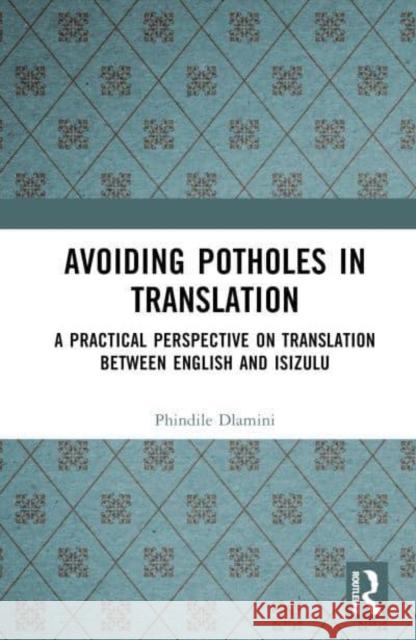Avoiding Potholes in Translation » książka
topmenu
Avoiding Potholes in Translation
ISBN-13: 9781032632254 / Twarda / 2023 / 154 str.
Avoiding Potholes in Translation
ISBN-13: 9781032632254 / Twarda / 2023 / 154 str.
cena 754,51
(netto: 718,58 VAT: 5%)
Najniższa cena z 30 dni: 654,86
(netto: 718,58 VAT: 5%)
Najniższa cena z 30 dni: 654,86
Termin realizacji zamówienia:
ok. 16-18 dni roboczych.
ok. 16-18 dni roboczych.
Darmowa dostawa!
This book is a comprehensive introduction to translation studies between English and isiZulu. It incorporates crucial concepts for understanding the basics of translation within a South African language context.











